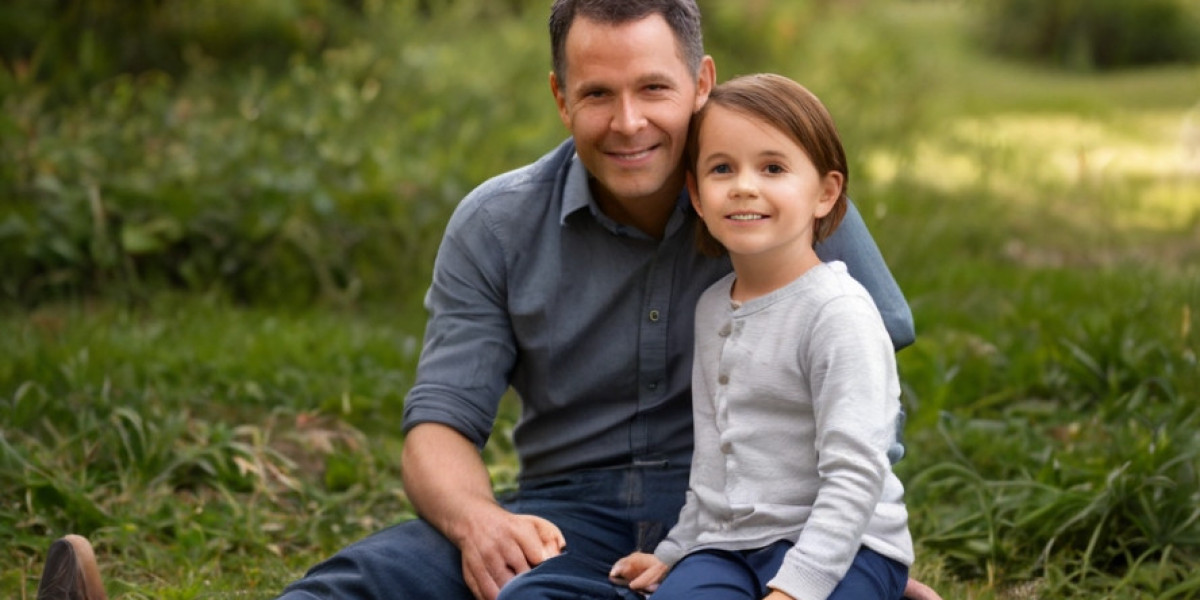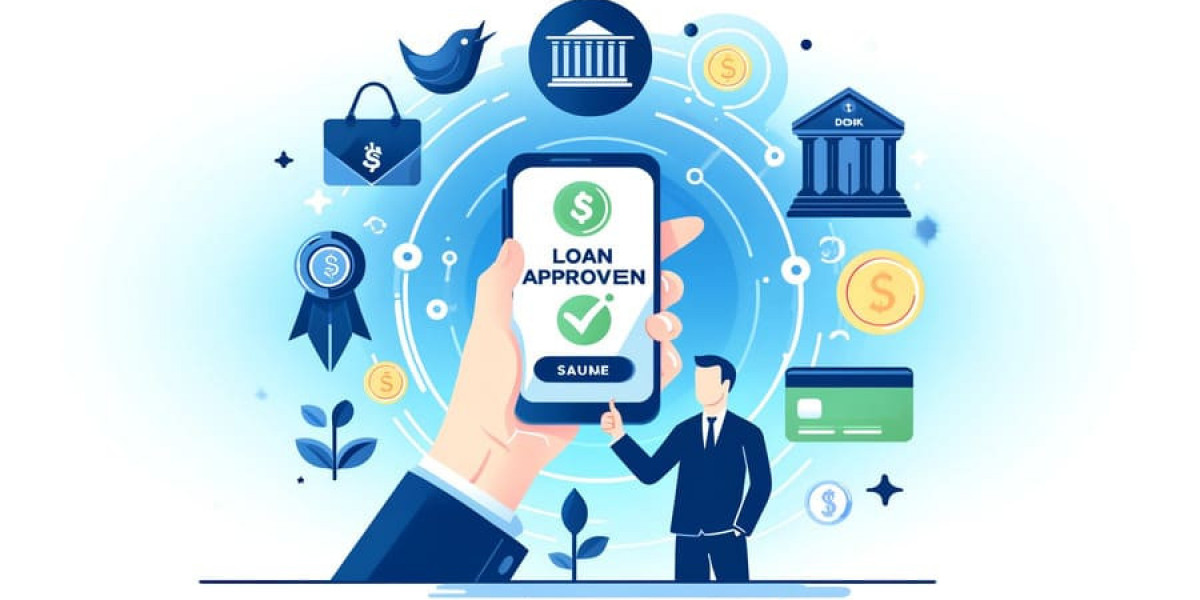Introduction
Early childhood is a critical phase in human development, characterized by rapid cognitive, emotional, and social growth. It encompasses the period from birth to around eight years of age, a time when children are particularly receptive to learning experiences. Early learning activities are intentionally designed experiences that foster development in these formative years. This report explores the significance, types, and benefits of early learning activities, as well as practical strategies for implementing them effectively.

The Importance of Early Learning Activities
Early learning activities play an essential role in laying the foundation for a child’s overall development. Research indicates that a strong early learning experience can lead to improved academic performance, better social skills, and enhanced emotional well-being. These activities are crucial in promoting language development, cognitive skills, and motor development.
- Cognitive Development: During early childhood, children's brains are exceptionally malleable. Engaging in activities such as puzzles, storytelling, and simple science experiments can help children develop critical thinking skills and an ability to solve problems.
- Language Development: Activities such as reading aloud, singing songs, and engagement in conversations help children expand their vocabulary and language comprehension. Language is a vital tool for communication and learning, making early literacy activities imperative.
- Social and Emotional Development: Participating in group activities, role-playing, and cooperative games allows children to interact with their peers, helping them develop social skills such as sharing, empathy, and conflict resolution. Early learning activities foster a sense of self and one's role within a community.
- Motor Skills: Activities involving physical play, such as climbing, drawing, or crafting, develop both fine and gross motor skills necessary for everyday tasks and future academic pursuits.
Types of Early Learning Activities
There is a diverse range of early learning activities. These can be broadly categorized into structured and unstructured activities, both of which have unique benefits.
Structured Activities
Structured activities are those that are planned and organized with specific learning outcomes in mind. Examples include:
- Literacy Activities: Storytime, phonics games, and reading groups introduce children to letters, sounds, and the joy of storytelling.
- Mathematical Activities: Counting games, shape sorting, and simple measurement activities lay the groundwork for mathematical reasoning.
- Science Exploration: Simple experiments, nature walks, and observation of plants and animals stimulate curiosity and scientific thinking.
- Art and Music: Drawing, painting, singing, and dancing help to foster creativity and self-expression, which are vital for cognitive and emotional development.
Unstructured Activities
Unstructured activities allow children the freedom to explore and learn at their own pace. Such activities include:
- Free Play: Through imaginative play in settings like a play kitchen or a pretend doctor’s office, children engage in creative thinking and problem-solving.
- Outdoor Exploration: Playgrounds, parks, and nature create opportunities for children to explore their environment, enhancing sensory experiences and physical development.
- Social Play: Group games without defined structures promote social skills, negotiation, and emotional intelligence as children learn to navigate group dynamics.
Both structured and unstructured activities are essential in a balanced early learning curriculum and can complement each other to support holistic development.
Benefits of Early Learning Activities
Investing time and resources in early learning activities yields numerous benefits, both for individual children and society as a whole.
- Enhanced Readiness for School: Children who engage in early learning activities are often better prepared for formal schooling. They arrive at school with foundational skills in literacy and numeracy, which can lead to a smoother transition and a greater likelihood of academic success.
- Improved Language Skills: Regular interaction through various verbal activities enhances vocabulary and language comprehension. Children who are read to frequently and engage in conversations tend to perform better in language arts later in life.
- Social Competence: Early learning activities provide opportunities for children to interact with peers, fostering teamwork, communication skills, and emotional intelligence. These social skills are essential for success in both personal and professional relationships.
- Positive Attitude Towards Learning: Engaging in meaningful and enjoyable learning activities helps cultivate a love for learning. Children who experience joy in learning are more likely to continue to pursue educational opportunities throughout their lives.
- Promotion of Critical Thinking: By encouraging exploration and questioning, early learning activities equip children with problem-solving skills and enhance their ability to think critically, which are essential skills in the 21st century.
Strategies for Implementing Early Learning Activities
Implementing effective early learning activities requires thoughtful planning, resources, and an understanding of child development. Here are some strategies:
Creating an Inviting Learning Environment
- Safe and Stimulating Spaces: Design a learning environment that is safe yet stimulating, using colorful materials, interactive displays, and accessible learning resources to capture children's interest.
- Flexibility in Space: Ensure that the learning environment can transform based on different activities—encouraging both group work and solitary exploration.
Incorporating Play-Based Learning
- Natural Play: Use everyday items as learning tools. For example, use kitchen utensils for counting or explore nature during outdoor play to learn about ecosystems.
- Diverse Play Options: Provide a variety of play options that cater to different interests and learning styles, from sensory activities to imaginative role-playing.
Engaging Families and Communities
- Family Involvement: Encourage families to participate in their child’s learning journey through activities at home and school. This could include reading together, cooking, or participating in community events.
- Community Resources: Collaborate with local organizations, libraries, and parks to access additional resources and enrich children's learning experiences.
Continuous Assessment and Feedback
- Observation and Reflection: Conduct regular observations of children's engagement during activities to tailor learning experiences based on their interests and developmental stages.
- Feedback Loop: Create ways for children to express their preferences and feedback on activities, making them feel valued and involved in their learning process.
Conclusion
Early learning activities are vital in shaping a child's educational journey and overall development. By fostering cognitive, social, emotional, and Toddler parenting (italianculture.net) physical growth, these activities create a well-rounded foundation for lifelong learning. As caregivers and educators, it is crucial to understand the significance of these experiences and implement effective strategies to enrich them. Through a combination of structured and unstructured play, active engagement from families, and an adaptable learning environment, we can enhance children's readiness for school and instill a lasting love for learning. Investing in early learning is not just an investment in children; it is an investment in our future.








